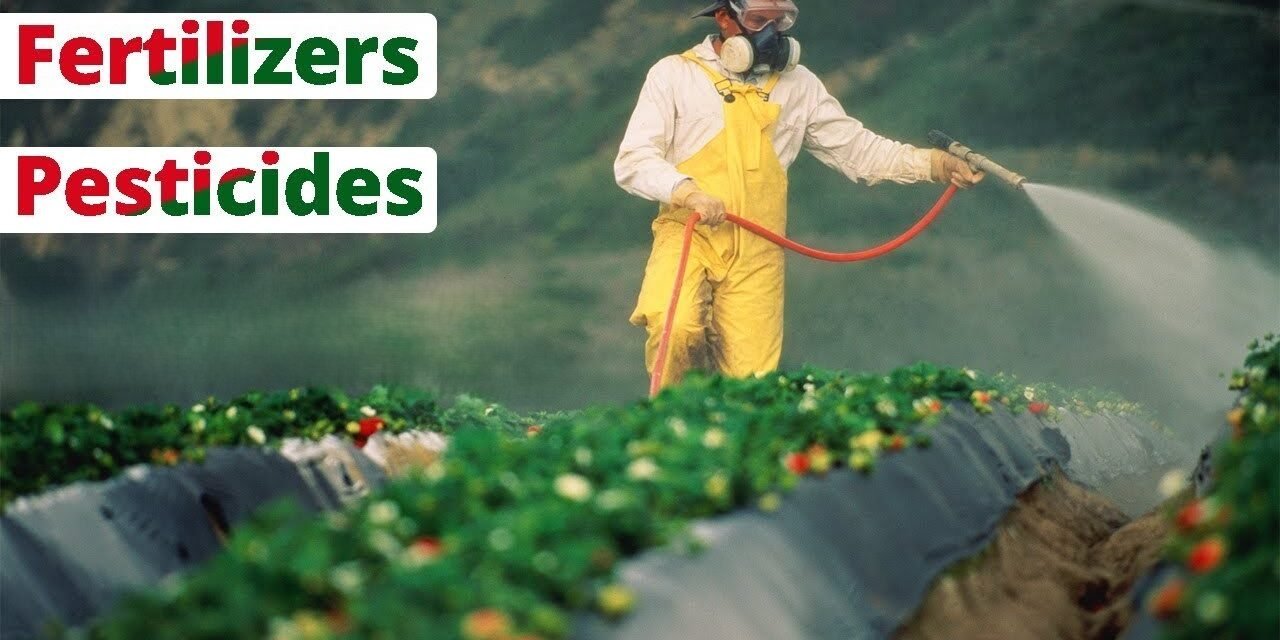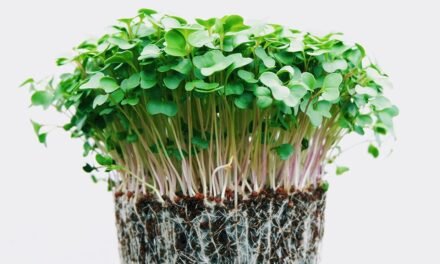Pesticides and fertilizers can affect the quality of fresh vegetables in several ways:
1. Pesticides
- Residues: The use of pesticides can leave chemical residues on vegetables, which may remain even after washing. These residues can pose potential health risks if consumed in large amounts over time.
- Impact on Flavor: Some pesticides may alter the taste of vegetables, making them less desirable to consumers. This could affect the flavor profile of fresh produce.
- Impact on Nutrient Levels: Excessive pesticide use can reduce the nutritional value of vegetables. For example, pesticides may affect the plant’s natural ability to absorb nutrients, leading to lower concentrations of beneficial vitamins and minerals.
- Environmental Impact: Pesticides can also harm the surrounding environment, including soil health, beneficial insects, and pollinators, indirectly affecting the overall quality of vegetable crops.
2. Fertilizers
- Nutrient Overload: While fertilizers help increase vegetable yield, overuse or misuse can lead to excessive nitrogen, phosphorus, or potassium levels. This can cause an imbalance in nutrients, potentially affecting the quality of vegetables and their nutritional content.
- Impact on Taste and Texture: High levels of certain fertilizers, particularly nitrogen, can result in rapid growth of plants, which may lead to lower flavor quality or less desirable texture in some vegetables. For instance, vegetables may become too watery, less flavorful, or have a tougher texture.
- Environmental Consequences: Excessive fertilizer use can lead to nutrient runoff, causing soil and water pollution. This can harm the agricultural ecosystem and lead to long-term negative effects on vegetable crops and their quality.
3. Long-Term Effects
- Soil Degradation: Over time, improper use of pesticides and fertilizers can degrade soil health, reducing its ability to support healthy plant growth and affecting the quality of future crops.
- Resistance and Bioaccumulation: Continuous pesticide use can lead to pesticide resistance in pests, requiring stronger chemicals to control them, which may further affect the quality of vegetables. Additionally, some pesticides can bioaccumulate in the food chain, potentially leading to higher concentrations of harmful chemicals in the produce.
While pesticides and fertilizers are essential for enhancing vegetable yields and protecting crops, their excessive or improper use can negatively impact the quality of fresh vegetables, affecting their flavor, texture, nutritional value, and safety for consumption. Proper management and sustainable agricultural practices can help mitigate these impacts.









